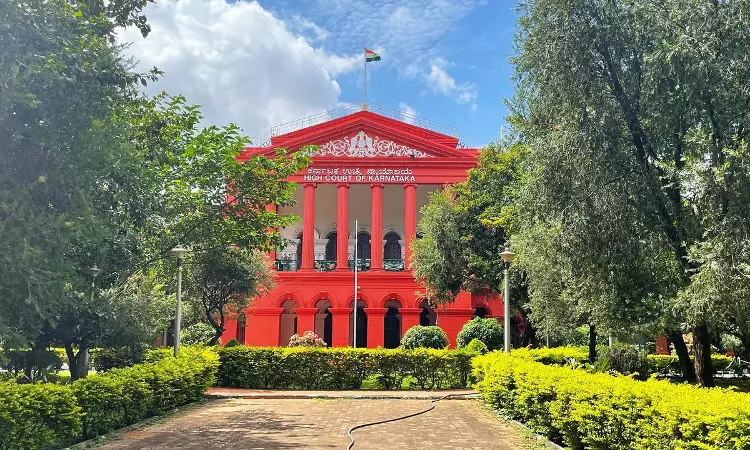The Karnataka High Court single bench of Justice HP Sandesh held that even if an arbitration agreement erroneously refers to the 1940 Act after the enactment of the 1996 Act, it does not render the agreement invalid. It held that arbitral proceedings initiated under it before the enactment of the 1996 Act could continue under the old Act unless the parties agreed...

